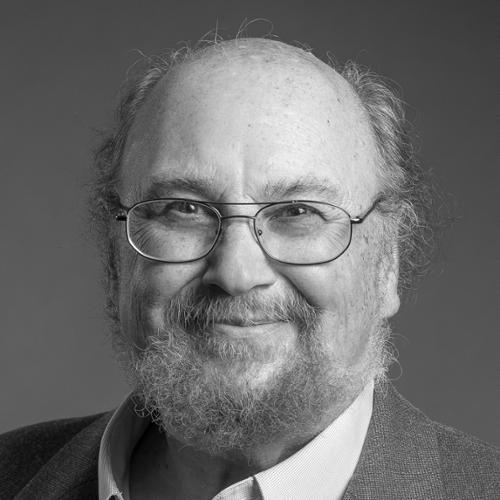In criticizing Governor Romney’s involvement with Bain Capital, President Obama commented both on private equity and on profit maximization. Most of the comments I have seen dealt with the private equity. I thought a comment on profit maximization was important as well.
- OPINION
- Updated May 23, 2012, 7:51 p.m. ET
A Tutorial for the President on ‘Profit Maximization’
Profits provide the incentive for firms to do what consumers want.
In justifying his attacks on Bain Capital, President Obama argues that “profit maximization” might be an appropriate goal for a private-equity firm, but not for more general public policy. This argument ignores one of the most basic premises of economics.
We economists assume that firms always maximize profits, and that profit maximization by firms (all firms, not just private-equity ones) is a very good thing. But this is not because profits are in themselves good. Rather, profit maximization is good because it leads directly to maximum benefits for consumers. Profits provide the incentive for firms to do what consumers want.
Consider what contributes to profit maximization. In simple terms, profit maximization means producing the products earning the highest returns, and producing these products at the lowest possible cost. Both are socially useful behaviors that benefit consumers.
Which products produce the highest returns? The answer is the products that consumers want and are currently underproduced. If there are excess returns (profits) to be earned in some market, that is because consumers are willing to pay more for those products than the current cost of production.
Profits are earned by producing more of these products—that is, by satisfying unmet consumer demands. Profit maximization means doing the best job of satisfying these unmet demands, and so providing benefits to consumers. If the unmet demand is for a currently nonexistent product that consumers will value when it is produced (Facebook, the iPhone, Google search), then of course even more profits can be earned.
A firm such as Bain that is involved in investing capital can only make money if it succeeds in satisfying consumer demands. Of course, its goal in deciding where to invest is to maximize returns for its investors, but that is a detail. It will only succeed in this goal if it does a good job of identifying and satisfying consumer demands for products.
The second trick to maximizing profits is to reduce costs as much as possible. This may involve eliminating some unneeded resources, which may translate into unemployment in the short run. It may involve recombining resources into more productive configurations, or restructuring governance of the firm.
The immediate purpose of reducing costs is to increase the profits of investors, but the ultimate result is to benefit consumers. In the textbook ideal of a purely competitive economy, cost reductions will immediately translate into lower prices for consumers. But in any market structure—competition, monopoly or oligopoly—profit-maximizing behavior translates reduced costs into reduced prices for consumers.
Consider the converse: What if a business does not maximize profits? Then it is either not making the products that consumers want the most, or it is not producing its products at the lowest cost. In either case, consumers are harmed. Any argument against “profit maximization” is an argument against consumer welfare.
Maximizing consumer welfare is the ultimate justification for an economy. Consumers are of course also workers and voters. Contrary to President Obama’s claim, skill at profit maximization does translate directly into skill at governing the economy. Failure to understand this simplest and most basic point is probably itself enough to disqualify someone from the presidency when economic issues are paramount.
Mr. Rubin is a professor of economics at Emory University and president elect of the Southern Economic Association.
Copyright 2012 Dow Jones & Company, Inc. All Rights Reserved





